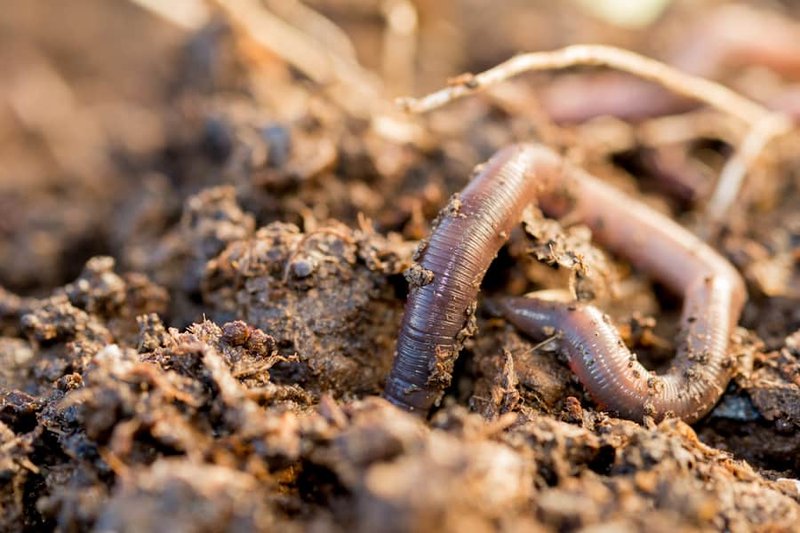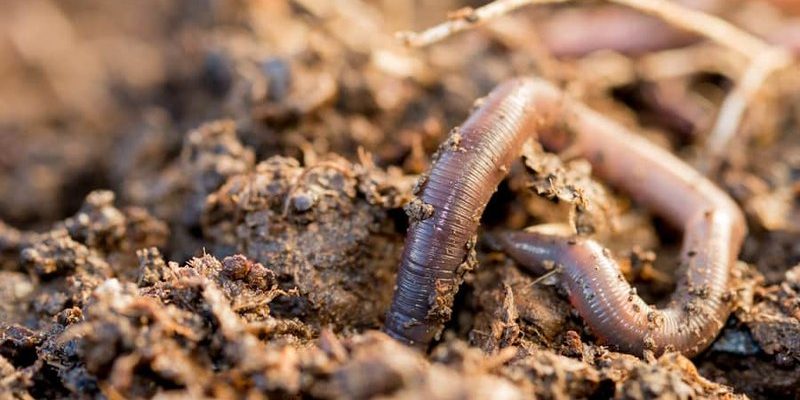
You see, earthworms are like little nature’s recyclers, breaking down organic matter and enriching the soil. But they can only do their job if they stay hydrated. Just like us needing water to thrive, moisture helps earthworms breathe and survive. In this article, we’ll dive deep into why moisture is so critical for earthworm survival and how it affects their role in the ecosystem.
How Earthworms Breathe
You might be surprised to learn that earthworms breathe through their skin! That’s right—these creatures don’t have lungs like we do. Instead, oxygen passes through their moist skin and into their bloodstream. Here’s the catch: if their skin dries out, they can’t breathe effectively. Think about it this way: it’s like trying to run a marathon after forgetting to drink water. You’d feel sluggish and struggle to keep going.
Earthworms have a high moisture content in their bodies, which helps them absorb oxygen efficiently. A lack of moisture can lead to suffocation. When the soil is well-hydrated, earthworms can thrive, burrowing through the earth and aerating the soil. It’s their version of a workout, helping to keep them fit and functional. You can see how critical moisture is for these little diggers!
The Role of Moisture in Soil Health
Moisture doesn’t just help earthworms breathe; it also fosters healthy soil. When earthworms move through the ground, they create channels that allow air and water to flow more freely. This makes it easier for plant roots to access nutrients.
Healthy soil is like a buffet for plants, allowing them to grow strong and vibrant. When the soil is dry and compacted, earthworms can’t do their job properly. The result? Poorly nourished plants and a decrease in crop yields. It’s a cycle—earthworms benefit from moisture, and in return, they give back to the earth by enhancing soil quality.
So, if you’re ever wondering how to boost your garden’s growth, consider investing in some moisture-retaining strategies. Keeping the soil hydrated can create a win-win situation for both you and the earthworms!
The Effects of Drought on Earthworms
Drought conditions can be devastating for earthworms. When the soil becomes too dry, earthworms will often burrow deeper underground in search of moisture. But if they can’t find enough, they might die off. This isn’t just a problem for earthworms; it’s a problem for our ecosystem as a whole.
Imagine a scenario where prolonged drought leads to a significant drop in earthworm populations. The soil becomes less aerated, nutrient content decreases, and plant growth suffers. It’s a domino effect that can lead to reduced food supplies for other creatures that rely on plants, including humans!
The truth is, understanding the moisture needs of earthworms can help us recognize the bigger picture of environmental health. Their survival impacts the entire ecosystem, and we all play a part in this intricate web of life.
Moisture and Earthworm Reproduction
Moisture levels also play a vital role in the reproductive cycle of earthworms. Earthworms are hermaphrodites, meaning each worm has both male and female reproductive organs. However, for successful reproduction, they still need moisture.
During mating, earthworms exchange sperm, which is later used to fertilize their eggs. If the soil is too dry, the worms may struggle to find suitable mates, leading to decreased reproduction rates. This is where moisture acts as a facilitator for the continuation of their species.
When soil conditions are ideal with the right moisture content, earthworms can reproduce efficiently, ensuring a healthy population that can carry out their essential functions in the ecosystem. A thriving worm community means better soil health and enhanced plant growth—all thanks to moisture!
How to Maintain Moisture for Earthworms in Your Garden
If you’re a gardener, keeping your soil moist helps earthworms thrive, and luckily, there are several ways to do this! Here are some simple tips:
- Mulching: Adding a layer of mulch around your plants helps retain moisture, preventing the soil from drying out.
- Using Drip Irrigation: This method delivers water directly to the roots, ensuring that the soil stays damp without waterlogging.
- Avoiding Over-Tilling: Excessive tilling can dry out the soil and disrupt worm habitats. Minimal tillage preserves earthworm populations.
- Regular Watering: Make a habit of checking your garden’s moisture levels and watering consistently, especially during dry spells.
By implementing these practices, you not only support earthworm survival but also create a thriving garden ecosystem. When earthworms are happy, your plants will flourish!
Common Misconceptions About Earthworms and Moisture
There are a few myths out there about earthworms and moisture that are worth debunking. One common belief is that earthworms can handle completely dry conditions. Unfortunately, that’s not true! Earthworms require a specific moisture level to survive.
Another misconception is that flooding is beneficial for earthworms. While they do need moisture, too much water can drown them. They thrive in well-drained soils that retain adequate moisture without becoming waterlogged. It’s all about balance!
Understanding these misconceptions can help us better appreciate the delicate needs of earthworms and how our gardening practices can either support or hinder their survival.
The Ripple Effect of Healthy Earthworm Populations
Maintaining healthy earthworm populations goes beyond just their survival. It creates a ripple effect that can influence the entire ecosystem. Healthy earthworms improve soil structure and fertility, which in turn supports plant growth. This leads to healthier food crops, more vibrant gardens, and robust wildlife habitats.
When you take care of earthworms, you’re also investing in the health of your garden and the environment. It’s a beautiful cycle of giving and receiving. By understanding the importance of moisture for earthworm survival, we can work together to nurture this vital aspect of our natural world.
In conclusion, moisture is essential for earthworms. It allows them to breathe, reproduce, and do their invaluable work in the soil. Whether you’re a seasoned gardener or just starting, keeping moisture in mind can make a world of difference—for earthworms and for the health of our ecosystem. So, next time you see an earthworm, remember its crucial role and give it a little nod of appreciation!

